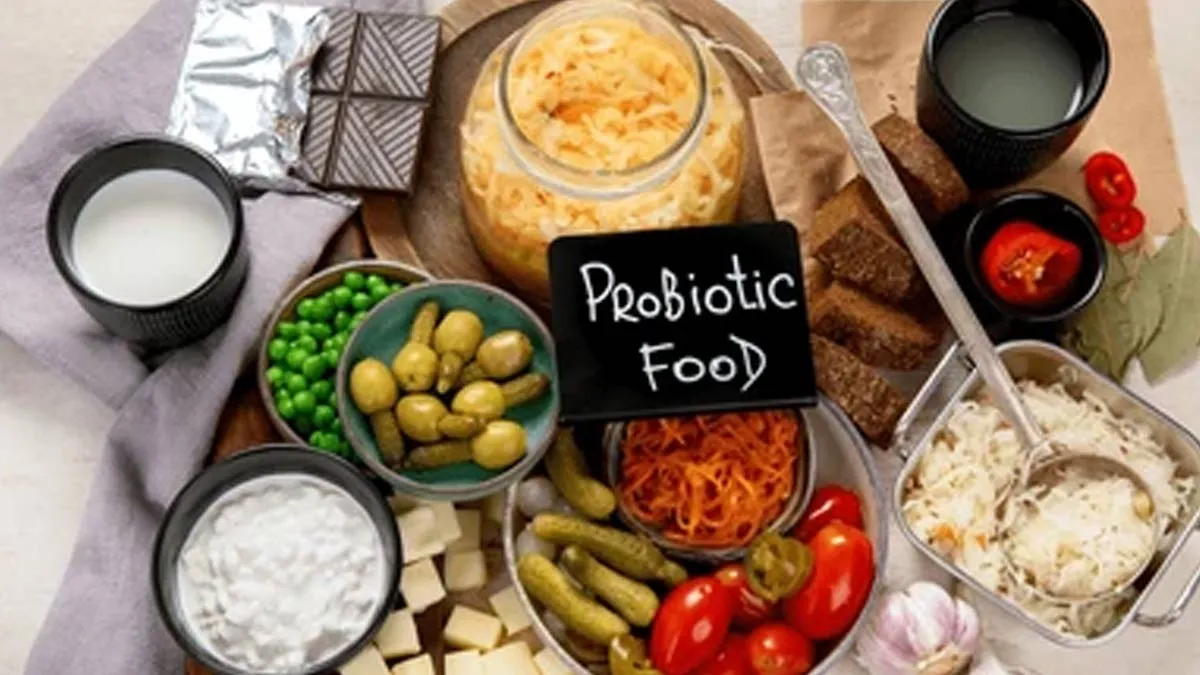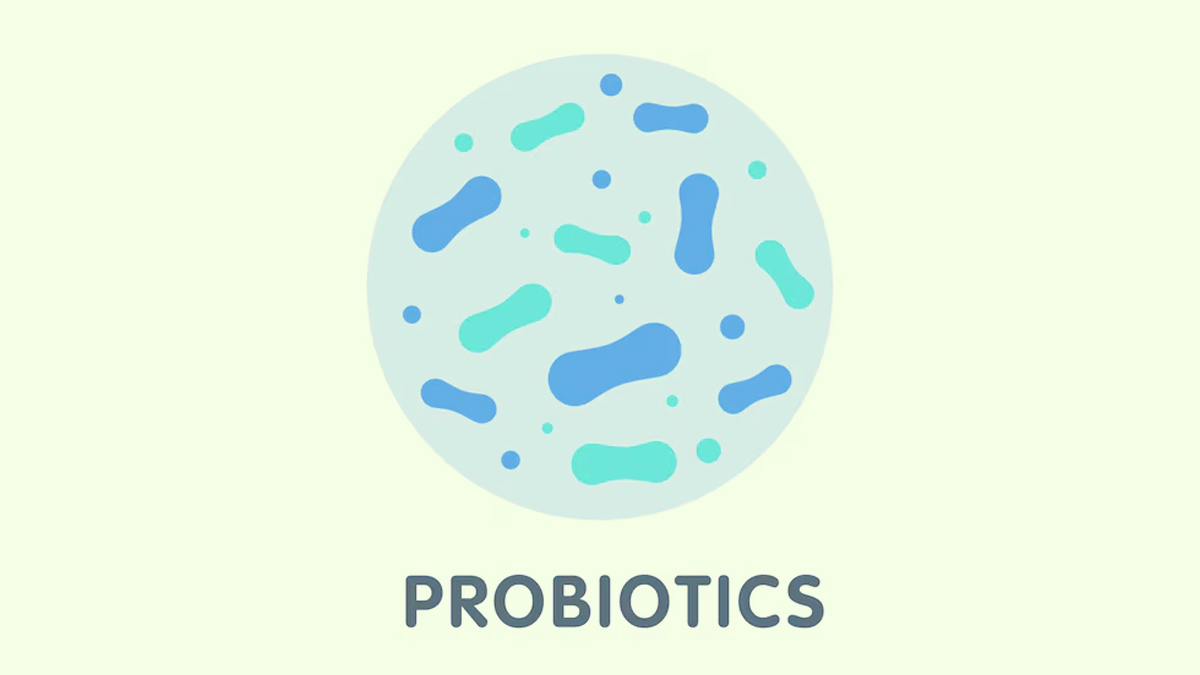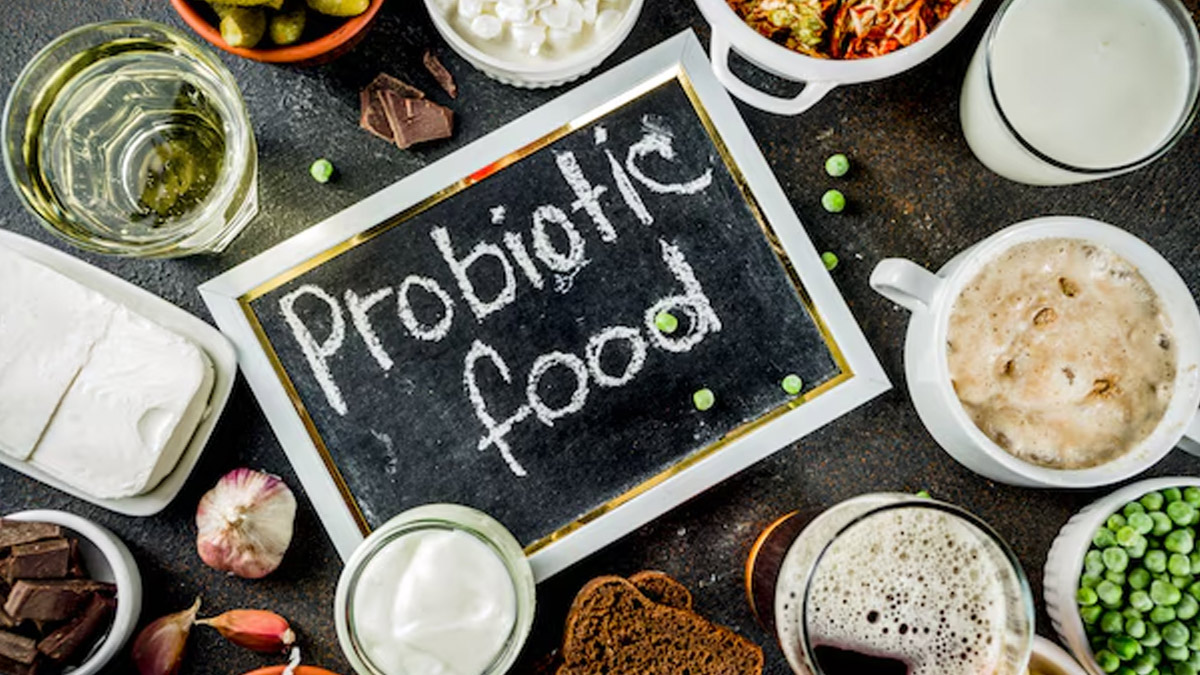
Pregnancy is a period of change, not only emotionally and physically, but also biologically. The gut microbiome, important for immunity, digestion, and nutrient absorption, transforms as we change. In recent years, probiotics, live, beneficial bacteria that support gut health have been in the spotlight for their possible benefits during pregnancy. But are they safe? Should you take them? And what should you be careful about?
Table of Content:-
We spoke to Dr Meenakshi Banerjee, Senior Consultant - Obstetrician and Gynaecologist, Laparoscopic Surgeon and Robotic Expert, Cloudnine Group of Hospitals, Kailash Colony, New Delhi, who answered if you should consume probiotics during pregnancy.
What Are Probiotics?

Probiotics are live microorganisms that help maintain or restore the natural balance of bacteria in your digestive system. They are found in:
- Fermented foods, such as yoghurt, kefir, kimchi, and sauerkraut
- Supplements (capsules, powders, and drinks)
- Fortified products, including probiotic milk or cheese
The most common types are Lactobacillus, Bifidobacterium, and Saccharomyces boulardii.
Why Consider Probiotics During Pregnancy?
Probiotics can benefit both the baby and the mother in numerous ways. These include:
1. Promotes Digestion

"Pregnancy hormones slow digestion, causing constipation, bloating, and heartburn. Probiotics can stabilise bowel movements and improve digestion by maintaining gut flora in balance," said Dr Banerjee.
2. May Reduce the Risk of Gestational Diabetes
Probiotics (especially in the first trimester) may reduce the risk of gestational diabetes mellitus (GDM) by improving insulin sensitivity and reducing inflammation. According to a 2022 study, probiotic supplementation can decrease metabolic parameters predisposing to GDM, such as blood glucose levels, lipid profiles, inflammation, and oxidative markers, thereby potentially reducing the occurrence of GDM among pregnant women.
3. Supports Immunity

"Pregnant women are more likely to be infected because of a change in immune function. Probiotics might support immune defences by improving the gut barrier and healthy bacteria, which can eliminate pathogens," added Dr Banerjee.
4. Prevents Vaginal Infections
Probiotics can prevent yeast infections and bacterial vaginosis, which occur more frequently in pregnancy and contribute to preterm labour.
5. Nurturing Baby's Microbiome
"Use of probiotics in pregnancy and lactation can positively affect your baby's gut and immune system. They can influence the development of your baby's microbiome, lowering the risk of conditions, such as eczema, allergies, and colic," said Dr Banerjee.
Are Probiotics Safe During Pregnancy?
Yes, probiotics are normally safe for the majority of women during pregnancy. There are no risks of miscarriage, malformation, or complications in normal pregnancies. However:
- Always discuss with your obstetrician before taking any supplement.
- If you are immunocompromised or have a chronic illness, you might need to exercise more caution.
- Steer clear of unpasteurised probiotic foods, such as raw dairy-based yoghurts that can contain listeria or other dangerous bacteria.
Things To Keep In Mind
Probiotics might not be for everyone. Watch out if:
- You have a history of Small Intestinal Bacterial Overgrowth (SIBO)
- You experience frequent gas or bloating following the use of probiotics
- You are on immunosuppressant drugs
"Watch out for symptoms like stomach cramps, excessive bloating, or change in stool consistency. These may indicate that your body is not finding the probiotic strain well," said Dr Banerjee.
How to Include Probiotics in Your Pregnancy Diet
If your doctor gives you the green light, you can include probiotics in your daily routine:
Through Foods

- Yoghurt (with live and active cultures)
- Kefir (a milk drink that is fermented)
- Miso soup
- Tempeh
- Sauerkraut and kimchi (in moderation, as they contain sodium)
Through Supplements
- Find a pregnancy-safe brand with strains, such as Lactobacillus rhamnosus GG and Bifidobacterium lactis.
- Select a supplement with a minimum of 1-10 billion CFUs (Colony-Forming Units).
- Look for third-party testing to verify purity and safety.
Prebiotics Matter Too
"Don't neglect prebiotics, fibres that nourish good bacteria. Probiotic foods, such as bananas, onions, garlic, oats, and flaxseeds promote probiotic activity and can make them work better," advised Dr Banerjee.
Bottomline
Dr Banerjee concluded, "Probiotics can be an effective partner through pregnancy, enhancing digestion, immunity, and the health of your baby. While they are generally safe, you should talk with your healthcare provider before taking them, especially if you have health issues or are already taking other supplements. Pay attention to your body, take it slow, and select good-quality sources. With proper advice, probiotics may be a simple change that makes a huge difference in your pregnancy wellness journey."
[Disclaimer: This article contains information provided by an expert and is for informational purposes only. Hence, we advise you to consult your professional if you are dealing with any health issue to avoid complications.]
Also watch this video
How we keep this article up to date:
We work with experts and keep a close eye on the latest in health and wellness. Whenever there is a new research or helpful information, we update our articles with accurate and useful advice.
Current Version